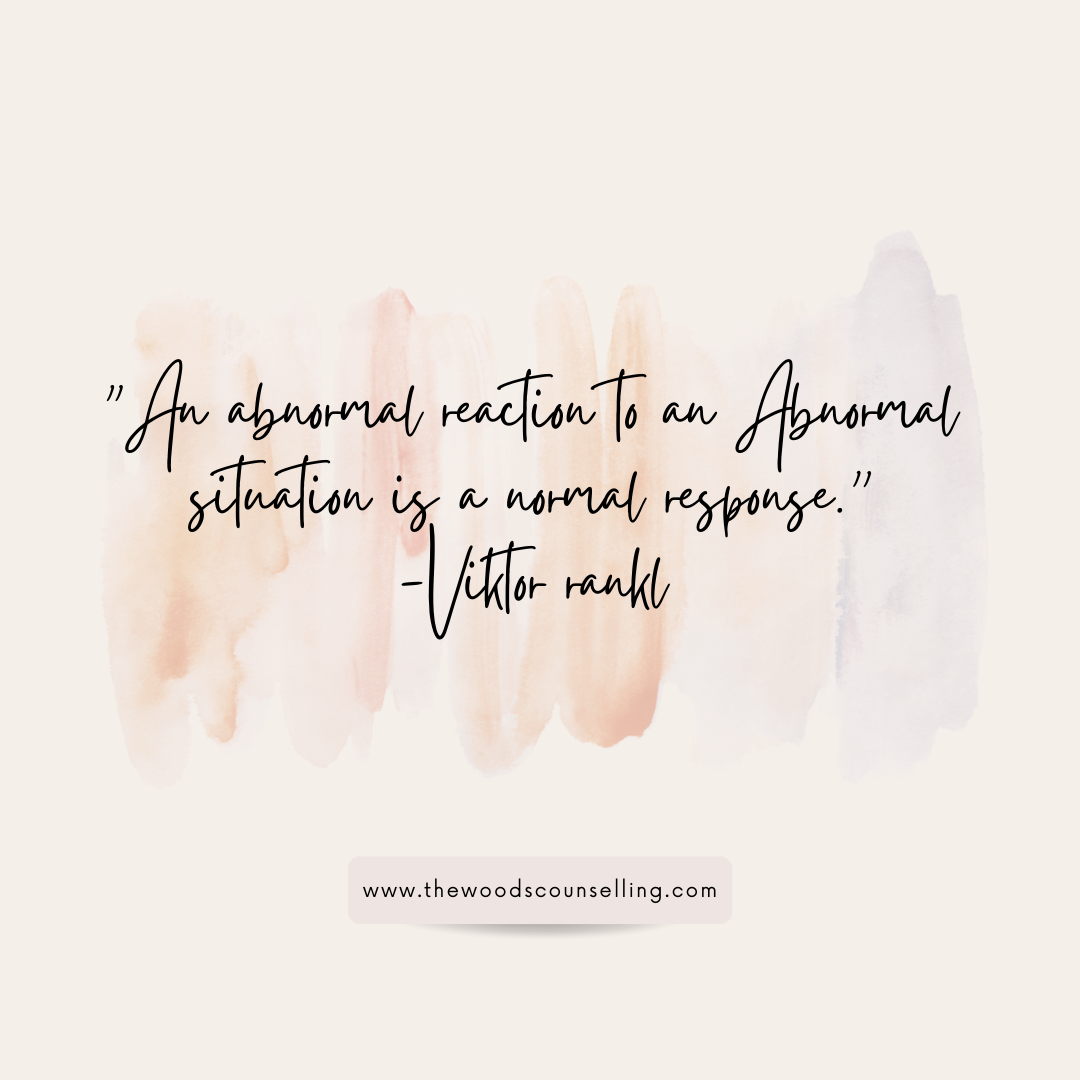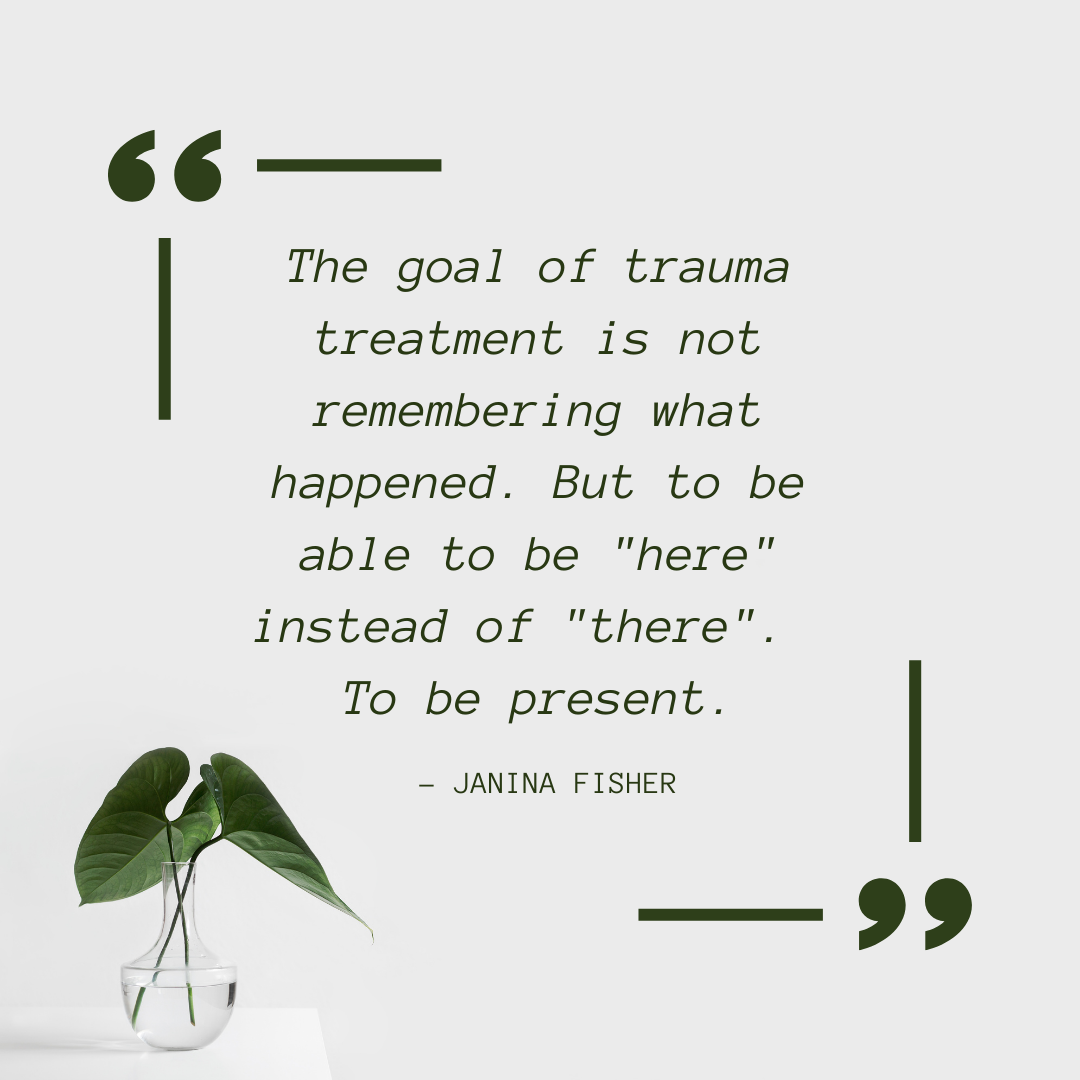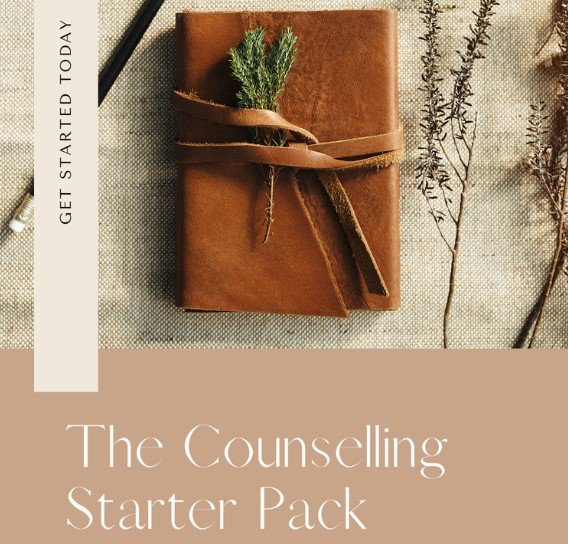
Welcome to The Woods Counselling
Better Health Blog
Here we offer insight on the best ways to approach trauma, chronic illness and we’ll teach you the skills we’ve learned to handle a variety of conditions. And in the Resources area you’ll also find free counselling handouts to put them into action.
search

Chronic Illness & Grief
The way we approach chronic conditions can make a big difference on our mental and physical health. With every condition that becomes chronic we need to recognize that there can be losses to mourn as the regular lifestyle we had before is being adjusted to a new way of life (Arseneau, 2008). Next, we can approach the condition from a perspective of radical acceptance. This doesn't mean we approve of the new reality, but it means we accept the facts as they are. For example, Today I have a condition that is rare, painful and I have no control over when it will affect me. Without accepting these facts I cannot change them, or be proactive in making adjustments that anticipate the symptoms. Self-compassion is the way we approach our self. This can be simple in recognizing your doing the best you can given the circumstances your in.

5-4-3-2-1 Grounding
How to use grounding skills to cope with trauma triggers. Triggers can be challenging to manage, especially for those who have experienced trauma. Grounding skills can help you stay present and cope with triggers as they arise. Scaling can be a useful tool for measuring your level of distress, while feet-to-the-floor and breathing exercises help you feel grounded and centered. You can also use the 5-4-3-2-1 technique to bring awareness to your surroundings and senses. Remember, it’s essential to practice grounding and containment skills regularly to make them more effective.

Solid Chair Technique
The solid chair technique is another simple yet powerful technique for grounding and containment. This technique involves noticing the support of the chair underneath you and how solid it feels. People can relax fully into the chair's support and let go of every muscle that does not need to be working right now.

How Online Counselors Help Cancer Patients with Fatigue & Finding Relief
This overwhelming sense of exhaustion can significantly impact physical, emotional, and mental well-being, making it a distressing symptom for many patients. However, there is hope. With the support and guidance of compassionate counselors, patients can learn effective pacing techniques to manage their fatigue and regain control of their lives. In this article, we explore how counselors play a vital role in helping patients navigate cancer-related fatigue and embrace a more balanced and fulfilling lifestyle.

Introduction to Grounding and Containment Strategies
Welcome to our latest blog post! Today, we're excited to introduce you to our grounding and containment pack, a powerful tool that can help you manage and overcome trauma and anxiety. This pack includes a range of skills and techniques that have been developed by experts in the field of mental health and trauma therapy.
Over the course of this series, we'll be exploring some of the key skills included in the pack, so that you can get a sense of just how powerful these techniques can be. Whether you're someone who struggles with anxiety on a daily basis, or you've experienced trauma in your past, this pack has something to offer.

I have heard of fight or flight, but when my trauma happened, I could not move or speak, it was as if I was paralyzed. What does that mean?
Dealing with the impact of trauma can be a difficult and overwhelming journey, but it is important to remember that you are not alone. The effects of trauma can last for many years and may even hinder your ability to lead a fulfilling life if left untreated. One of the most common symptoms of PTSD is avoidance, where one may try to forget or avoid thinking about the traumatic event altogether. However, avoiding these thoughts and feelings only prolongs the healing process and can make it more difficult to manage symptoms.

Boundaries in Relationships
Setting boundaries is essential to maintain positive relationships with others. They serve as an invisible shield, protecting us from negativity and draining interactions while helping us maintain our own energy and individuality. Whether you are interacting with people online or offline, unhealthy boundaries can make you feel drained and unfulfilled. In contrast, healthy boundaries lead to enriching interactions. People with healthy boundaries are mature and a source of enriching discourse even when you disagree. They know their limits and can say "no" when necessary while respecting others' boundaries. They are less likely to engage in win-lose interactions, which leave both parties feeling dissatisfied. They practice healthy boundaries to cultivate positive and collaborative relationships.

Where do I start and what areas can I expect improvement in through therapy?
The field of psychology has come a long way in the past few decades, especially when it comes to understanding and treating trauma. One of the biggest advancements has been the recognition of Post Traumatic Stress Disorder (PTSD) as a unique diagnosis in the Diagnostic and Statistical Manual of Mental Disorders (DSM). When the older DSM-III was published in 1980, PTSD was not a recognized diagnosis, and even after it was added, it was initially classified as an anxiety disorder. So its taken a while for recognition and likewise research.

Are there effective ways to prevent PTSD after trauma? If not, how is it PTSD treated?
Experiencing a traumatic event can be devastating, and it's normal to feel distressed afterward. While there's no surefire way to prevent post-traumatic stress disorder (PTSD), research has shown that connecting with others can be an important protective factor. Dr. Luana Marques, a clinical psychologist and associate professor at Harvard Medical School, explains, "It seems that people who, in the aftermath of a traumatic event, are able to reach for and accept help, support, and care from others fare off better." In contrast, those who avoid discussing their trauma may be at a higher risk of developing PTSD.

I have been dealing with this for many years, isn’t it too late to look for help?
These studies confirm that seeking help for PTSD, even after living with symptoms for many years, can lead to significant improvements in symptoms and overall quality of life. It's important for individuals living with PTSD to know that healing and recovery are always possible, and there is hope for a better life. If you're experiencing symptoms of PTSD, it's essential to seek help from a trauma-competent therapist who can help you learn coping strategies to manage your symptoms and work through the emotions associated with the traumatic experience. With the right support and guidance, you can regain control of your life and start to feel whole again. Remember, it's never too late to start your journey towards recovery!

Parenting Skills
As a caregiver your the main support for family members and as a parent, you want to provide the best possible support for your child. Especially if your parents of kids with significant medical/developmental issues or your kids have experienced trauma or illness. Some issues with their behavior can come up and we want you to find effective parenting methods that work in such situations. This is where we have created a Parenting Skills handout that can be extremely helpful in managing difficult situations.

Will it ever go away? What happens if I do nothing (e.x. do not go to therapy and do not talk about it)?
Will Trauma ever go away? According to researchers individuals with untreated PTSD are at a higher risk of developing chronic mental and physical health conditions. Not seeking help for trauma-related symptoms can also negatively impact your daily functioning and quality of life. The healing journey from trauma takes time, but with the right mental health support. And a virtual therapist can help you find the approach that best fits your needs. It's also about learning coping mechanisms, managing symptoms, and improving your overall quality of life.


